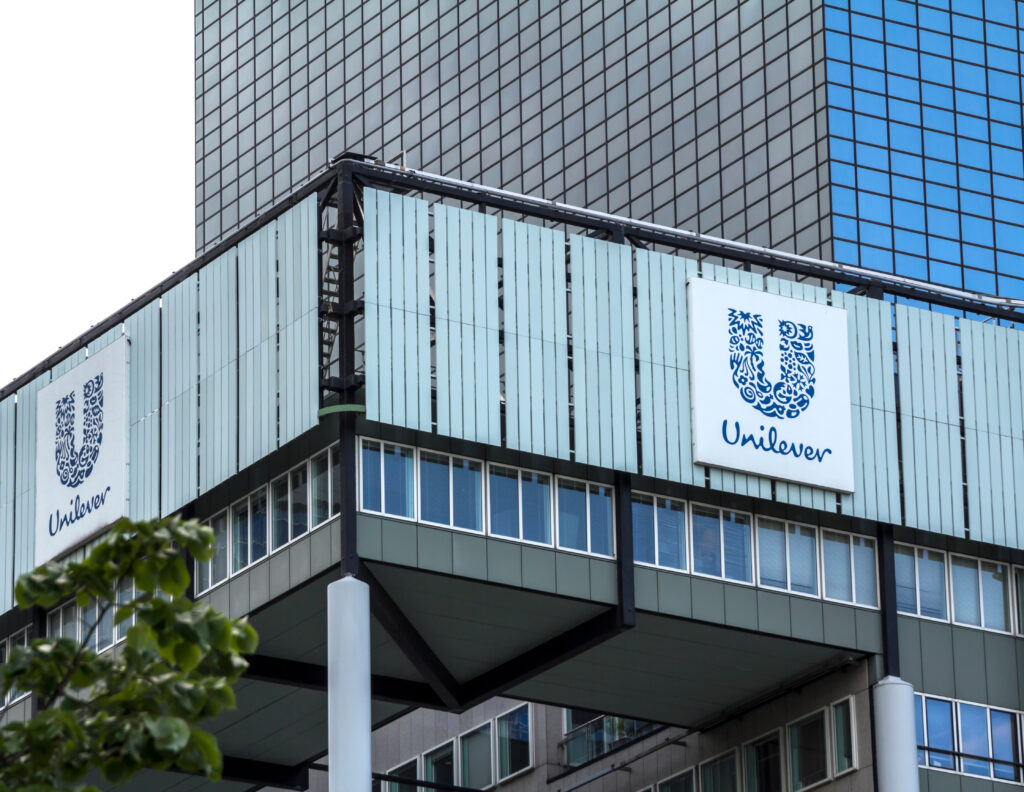In a surprising move, Unilever CEO Hein Schumacher has announced that he will step down on March 1, officially leaving the company by May 31. The departure, which was revealed in a company statement, is said to be by mutual consent between Schumacher and the Unilever board. His resignation marks the end of a brief but impactful tenure at the helm of the consumer goods giant.
Leadership Transition at Unilever
As Unilever prepares for this major leadership change, the company has named Fernando Fernandez, the current Chief Financial Officer (CFO), to take over as CEO. Fernandez, who has been with the company for several years, brings a wealth of experience and familiarity with Unilever’s operations. He has served in various high-profile roles, including President of Beauty & Wellbeing, President of Latin America, and CEO of Unilever’s operations in Brazil and the Philippines.
With a strong track record in leadership across multiple regions, Fernandez’s appointment is seen as a continuation of the strategic vision Schumacher began to implement. The transition comes at a critical time as Unilever has been undergoing a significant restructuring aimed at streamlining operations and improving profitability.
Schumacher’s Short But Impactful Tenure
Hein Schumacher, who took over as Unilever’s CEO in July 2023, had a relatively short tenure, but he left a mark with a series of bold moves aimed at reshaping the company. One of his most significant actions was the decision to spin off Unilever’s €8 billion ice cream division. This move was part of a broader strategy to refocus the company’s portfolio on higher-growth areas, divesting from slower-growing or non-core businesses.
In addition to the ice cream division spin-off, Schumacher launched an €800 million cost-cutting program aimed at reducing overhead and improving Unilever’s financial efficiency. This program was designed to streamline operations and boost profitability in a challenging market environment.
Despite his brief time at the helm, Schumacher was praised for resetting the company’s strategy and improving its financial performance. Unilever Chairman Ian Meakins expressed gratitude for Schumacher’s leadership, acknowledging that he had successfully implemented important changes that would benefit the company moving forward.
Schumacher himself reflected positively on his time at Unilever, describing his tenure as “a privilege.” He expressed pride in the progress the company had made under his leadership, particularly in terms of financial performance and strategic direction.
Market Reaction to Leadership Change
The announcement of Schumacher’s departure had an immediate impact on Unilever’s stock price. In early trading on Tuesday, shares in the company dropped by 2%, as investors reacted to the unexpected leadership change. The market’s response highlights the uncertainty that often accompanies a sudden shift in leadership at a large, multinational corporation.
Unilever’s stock price had been under pressure in recent months due to concerns about rising costs, competition, and the company’s ability to maintain growth in a rapidly changing consumer market. Schumacher’s departure adds an additional layer of uncertainty, as investors weigh the implications of this leadership change on the company’s future strategy and performance.
While the leadership transition may have caused some short-term volatility, many analysts remain optimistic about Unilever’s long-term prospects under Fernandez’s leadership. His extensive experience within the company, coupled with his familiarity with Unilever’s global operations, positions him well to guide the company through its next phase of growth and transformation.
Unilever’s Ongoing Restructuring Efforts
Schumacher’s resignation comes at a time when Unilever is still in the midst of a major restructuring effort aimed at boosting profitability and adapting to changes in consumer preferences. The company has been facing increasing competition from both traditional rivals and newer, smaller companies that have capitalized on changing consumer trends.
Unilever’s portfolio spans a wide range of consumer goods, including food, beverages, beauty and personal care, and household products. However, the company has been focusing more on high-growth areas such as plant-based products and health and wellness, while divesting from non-core businesses like its ice cream division.
The cost-cutting program Schumacher introduced is expected to continue under Fernandez’s leadership. This program aims to streamline operations, reduce overhead costs, and improve the company’s overall efficiency. As part of this effort, Unilever has been evaluating its supply chains, reviewing its product offerings, and investing in digital transformation to better meet the needs of today’s consumers.
What’s Next for Unilever?
As the company transitions to new leadership, there will likely be a period of adjustment as Fernando Fernandez takes over as CEO. His experience in overseeing Unilever’s operations in various global regions, as well as his deep understanding of the company’s financials, makes him a strong choice to guide the company through this critical time.
Unilever’s future will depend on how well it can navigate the challenges of an increasingly competitive marketplace. The company will need to continue adapting to changes in consumer behavior, rising costs, and regulatory pressures. As a leader in the consumer goods industry, Unilever’s ability to innovate and remain agile in the face of these challenges will be crucial to its long-term success.
While Schumacher’s time at Unilever was brief, his efforts to reset the company’s strategy and improve its financial performance have set the stage for future growth. Under Fernandez’s leadership, Unilever will likely continue to focus on its core strengths while adapting to the changing needs of its customers.
To stay updated on more business news, visit Wealth Magazine.


